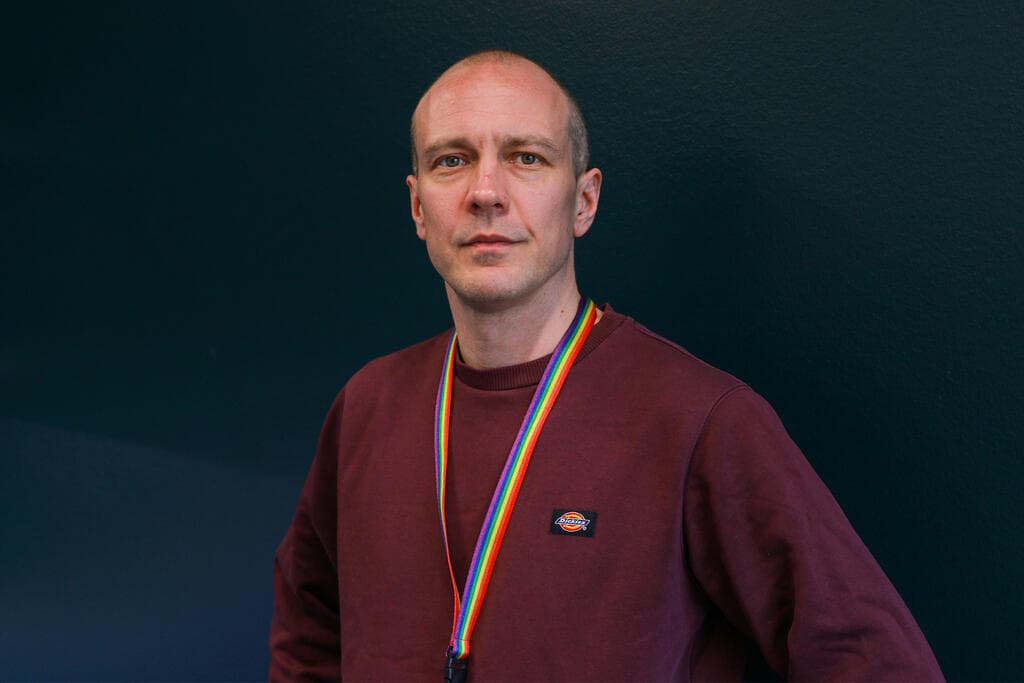Digital skills course provides support for employment and tips for everyday life

Digital skills are related to employment in two different ways. Firstly, there is the job search itself, which takes place online these days. Job vacancies are advertised online and jobs are applied for electronically.
– At the moment, applying for any kind of work is strongly tied to the online environment. Even on construction sites, job seekers can no longer drop by and ask for a job as many companies require a CV typed on a computer. Therefore, basic digital skills are extremely important, says Joonas Rentola, Project Manager at Helsinki Employment Services.
Secondly, the digitalisation of society has already permeated working life to a large extent. Many jobs require using digital devices.
– For example, daycare centres compile portfolios of the kids’ activities during the week. Digital tools have become an integral part of many jobs, Rentola says.
Starting with the basics
Not everyone’s skills meet the requirements and needs of a digitalised society. The digital skills courses start with the basics.
– The first lesson is how to use email. We have identified email as the most important tool. It is used for logging in to various services, creating profiles and building one’s digital identity, Rentola says.
After email, the training focuses on word processing and logging in to different services. In addition to the skills required in job seeking and communicating with the authorities, the courses teach digital skills that are useful in everyday life. These include, for example, electronic library services, using Journey Planner and becoming familiar with applications that support language learning.
– Many of the participants do not have online banking credentials. Often, these people are blown away when they learn how much easier their life would be if they used online banking. With the credentials, you can handle many things without help, Rentola describes.
Ask again and again
The digital skills course lasts for four weeks, and the participants study four days a week, two and a half hours a day. The pace is unhurried and there is a lot of repetition. The instructors typically get feedback on their patience when answering the same questions several times.
– The courses are attended by all kinds of people. The average age of the participants is rather high, but the youngest students have been in their twenties. Some of the participants are migrants and they all speak different languages. We have organised these courses, for example, in Somali, Arabic and Russian, but most of the participants want to learn digital skills in Finnish, Rentola says.
The group size of the digital skills course is 15. There are always two or three instructors present, so they have time to teach everyone personally. As the groups are small, peer support from other course participants is always available, not only for living in the digital world but also for finding employment. The students help and support each other. It is easier to share peer support in a small group, and many have made new friends during the course.
– We have received really good feedback on the courses. The best feedback is when the course helps someone move forward in their life in the direction they want, Rentola says.
So far, a total of 183 people have completed a course by the Digityöelämää project in 2022 or 2023.
Discuss digital skills with your specialist
You can apply for digital courses organised by the Digityöelämää project by contacting your specialist at the employment services. Let your specialist know if you are interested in improving your digital skills.
Helsinki Employment Services has also offered shorter courses on digital job seeking skills. The last of these courses will take place in April 2023. The shorter courses are intended for job seekers who already know the basics. The focus of these courses is on digital job seeking. In 2022, a total of 132 people completed the Digital Skills in Job Seeking course.
In addition, the City of Helsinki coordinates other digital support provided by organisations, libraries and universities. Digital skills courses are also offered, for example, by adult education centres, Helsinki Vocational College and Adult Institute and Uusix workshops.